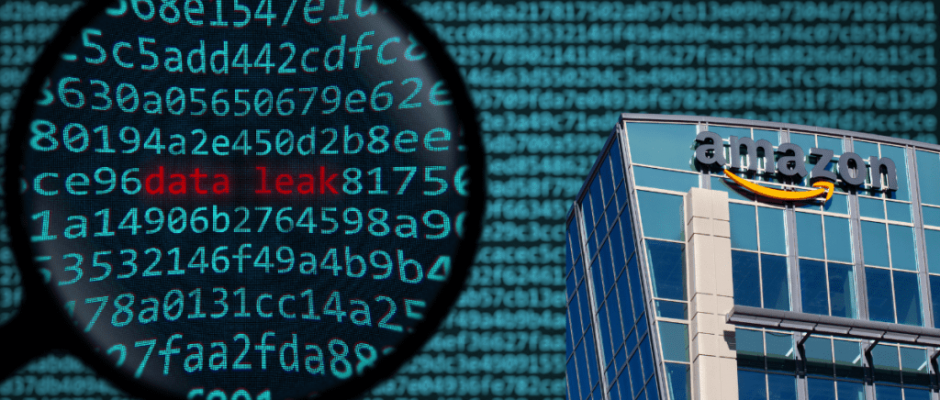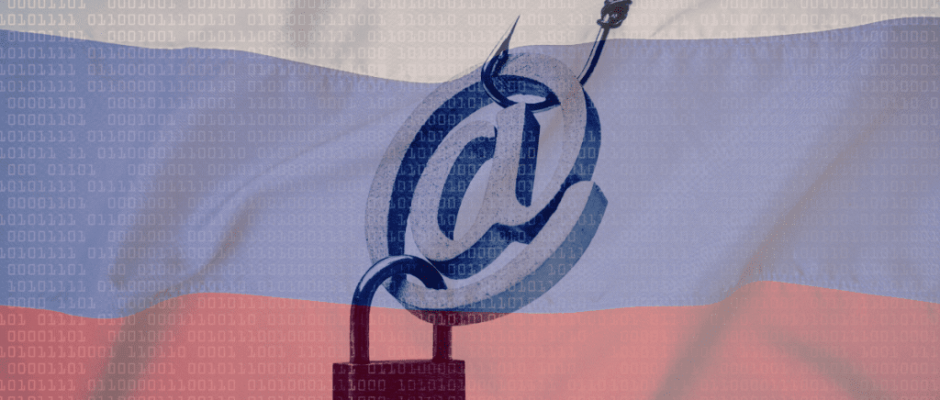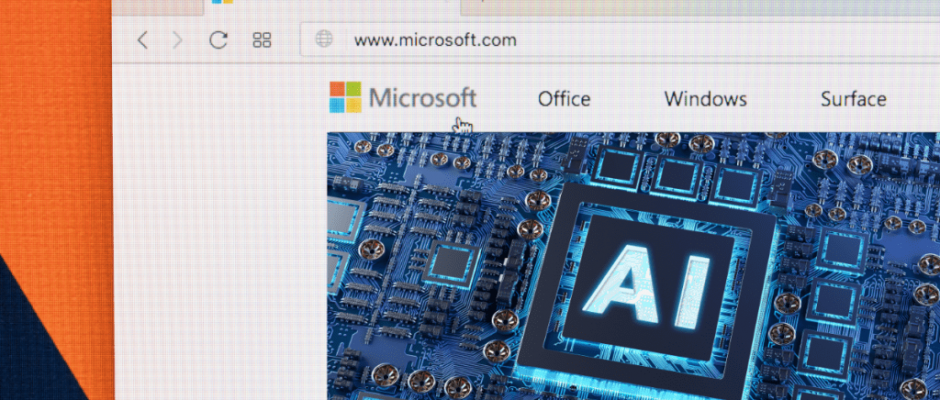Three million Google Chrome users hacked
Over three million Google Chrome users have been issued a warning concerning 16 browser extensions that have been compromised by hackers. This alarming news comes hard on the heels of reports earlier this month that cybercriminals are also leveraging search engine giant Google’s new Gemini 2.0 (artificial intelligence) AI assistant.
The list of Google’s hacked browser extensions includes: Emojis, Video Effects for YouTube, Audio Enhancer, Blipshot, Color Changer for YouTube, Themes for Chrome, and YouTube Picture in Pictures. Adblocker for Chrome, Adblock for You, Adblock for Chrome, Nimble Capture, KProxy and Page Refresh, Wistia Video Downloader have also been compromised.





















